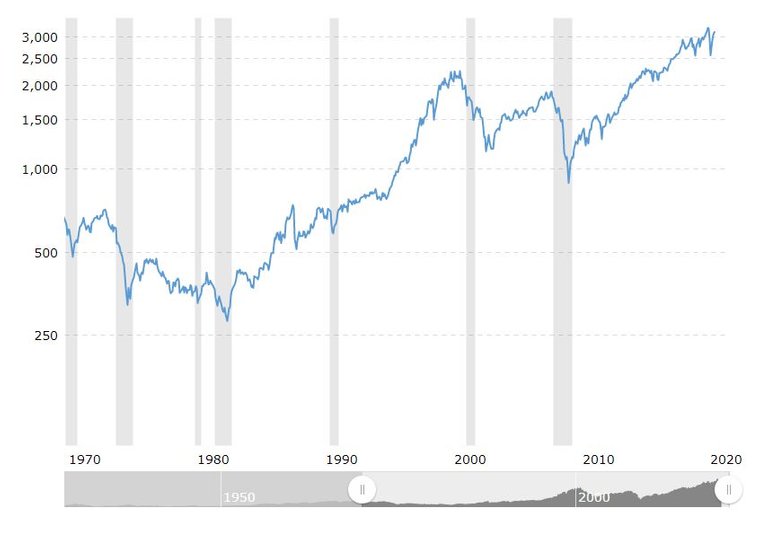I’ve been making regular contributions of between £100-£200 a month into Terry Smith’s Fundsmith fund since 2010.
The idea behind Fundsmith is that they buy ‘brands with a solid use value’ and then ‘do as little possible’ with the investments – only rebalancing when absolutely necessary.
The company actually makes a joke about ‘doing as little as possible for their money’, however I don’t mind because the fund has done rather nicely over the last decade, it’s up > 400 % since its inception in 2010 and has fared better than 95% of funds during covid-19.
Given his proven track record, i think any analysis done by Terry Smith is worth consideration and in his latest newsletter he provides some useful information about the relative advantages of dollar cost averaging compared to market timing. Here’s a link to the FT article (paywall sorry).
Dollar Cost Averaging Vs Market-Timing
Dollar Cost averaging is where you invest an equal amount every day/ week/ month no matter what the price
Market timing is where hold back on investment or sell your investments when you anticipate a fall.
Terry Smith’s rather derisory take on market-timing is as follows:
When it comes to so-called market timing there are only two sorts of people: those who can’t do it, and those who know they can’t do it.
Smith imagines two scenarios based on data from the Dow from 1970-2020.
The first is dollar cost averaging – investing an equal amount every trading day
The second strategy is ‘absolute bottom buying’ – which involves the investor investing the same amount daily, but stopping investing when the market turns down and saves the cash. This saved up money is then only invested when the Dow makes a new bottom, hitting its low point in any period of decline.
Over the 50-year period, the second strategy would have produced returns 22% higher than the first, which may initially sound impressive, but that's only 0.4% per year more, and that’s with getting every buy-in timed perfectly, and all the stress of monitoring the market.
Of course it's much more likely that you would have not predicted all of those bottoms bang-on, and ended up buying after 10 days instead of 12, or 2 months rather than 5 months (cycles vary, right!), and with every missed-prediction comes a closing of the gap between strategies.
The obvious problem with market timing
The main problem is that you have to anticipate (guess) a lot correctly to make money, because markets are ‘second order systems’.
Firstly, you have to be able to predict events – interest rate rises may be easy enough, but what about commodity price shocks, and the outcomes of elections? Most people haven’t done too well on the later recently!
Secondly, you need to predict how markets are going to react to these unpredictable events, which is not necessarily the way one might expect. The stock market hasn’t exactly collapsed following coronavirus, has it?!?
When you compare that to ‘additional gain’ to the overall gain you’d have anyway from dollar cost averaging, playing around with market-timing maybe wouldn’t have been worth the stress?
Unless you the ‘buzz’ of riding the wave of course?
Posted Using LeoFinance

I had wondered how this safe/boring investment method has fared over the years, and now I know. Better late than never!
He does seem to know his stuff, Terry Smith!
Some of the best funds have made 900% over the last ten years, but I guess that's due to the specific snap shots, and many of them are up and down, also, you have to pick the right one with a higher risk strategy, it's a gamble!
Well I'm 80% down on the one stock I hold (4 years now), if it ever recovers I will be taking this approach in the future!
Oh you just reminded me, I did buy some stocks myself about 15 years ago, way down myself, I'm not even sure if I count them in my wealth, they might go up, you never know!
Selling at the all time high is likely a good idea,...but, if the dumpster fire gets reelected it may go on for a while yet.